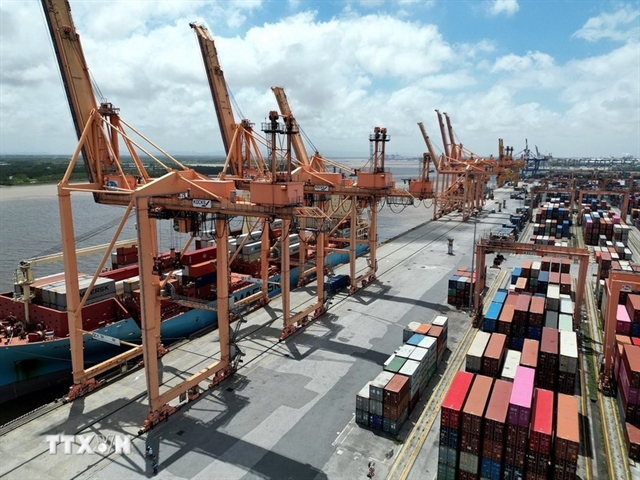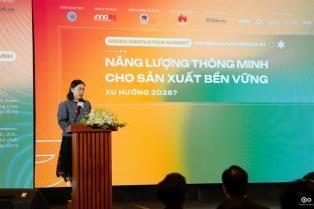EVFTA after 5 years: Trade Counselor highlights gains, challenges, strategic path forward
Five years after the EU-Vietnam Free Trade Agreement (EVFTA) took effect in August 2020, Vietnamese Trade Counselor in Germany Đặng Thị Thanh Phương described it as a transformative step in Việt Nam’s integration into the global economy.

BERLIN – Five years after the EU-Việt Nam Free Trade Agreement (EVFTA) took effect in August 2020, Vietnamese Trade Counselor in Germany Đặng Thị Thanh Phương described it as a transformative step in Việt Nam’s integration into the global economy.
Speaking to the Vietnam News Agency, Phương touted the deal’s role in driving trade growth while flagging challenges that could cap its potential without swift reforms.
Since the EVFTA kicked in, trade between Việt Nam and the EU jumped 46.5 per cent to US$64.6 billion through 2024, up from $44.1 billion in the prior five years, Vietnam Customs data showed.
Exports to the EU surged 56.4 per cent to $48.7 billion, while imports rose 13 per cent to $15.9 billion. In Germany alone, two-way trade climbed 17 per cent, with Vietnamese exports up 20 per cent and imports rising 13 per cent.
Phương attributed much of this growth to the immediate elimination of 85.6 per cent of EU import tariffs, covering over 70 per cent of Việt Nam’s export value. By 2027, 99.2 per cent of tariff lines will be phased out, giving Vietnamese goods near-unfettered access to one of the world’s largest markets. As a result, coffee exports skyrocketed 120 per cent to $2.2 billion, fruit and vegetables gained 65.6 per cent to $242 million, and footwear rose 52.4 per cent to $5.65 billion.
Despite global disruptions, including the COVID-19 pandemic, the Russia-Ukraine conflict and supply chain challenges, Phuong said the EVFTA has sustained Việt Nam's trade momentum. Large exporters have capitalised on the agreement by improving product quality, meeting strict rules-of-origin requirements, and building sustainable brands.
Yet, challenges remain. Industries like apparel, footwear, wood, and pharmaceuticals are hamstrung by outdated production technologies, limited investment in design and branding, and difficulties in meeting the EU’s stringent origin and technical standards. European demand for traceability and innovation add further pressure.
The EVFTA has also spurred institutional reform and sustainable development in Việt Nam.
Phương cited key legislative efforts aligned with EVFTA commitments, including the ratification of core International Labour Organisation (ILO) conventions, the enforcement of the revised Labour Code 2021 allowing the formation of independent labour organisations outside the state-run trade union system, the adoption of the 2020 Law on Environmental Protection, active engagement with climate goals at the 26th United Nations Climate Change of the Parties, including the pledge for net-zero emissions by 2050; and the amendments to the 2022 Intellectual Property Law.
Yet, gaps in enforcement, public awareness, and corporate compliance threaten to limit the deal’s upside.
Vietnamese enterprises need to act fast to upgrade production, embrace sustainability, upskill workforce and increase locally-made items, she said.
“This isn’t just about market access; it is a chance to overhaul Việt Nam’s growth model and climb global and regional value chains”, she added. — VNS
- Tags
- EVFTA





